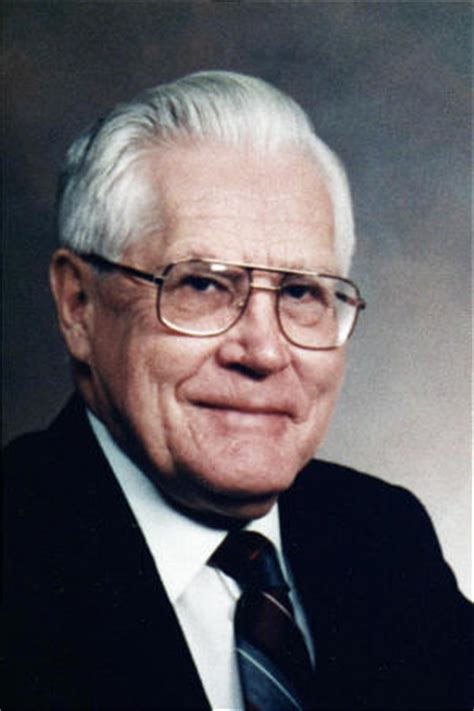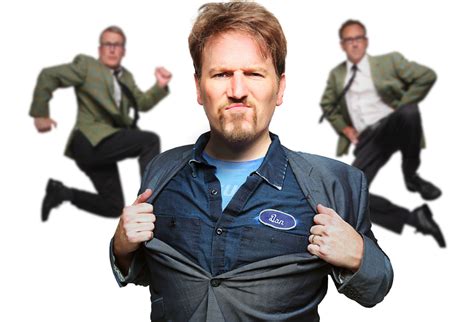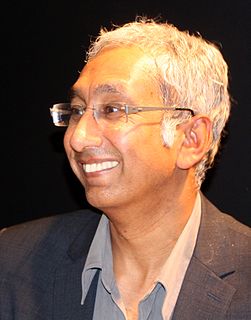A Quote by Allen W. Wood
It is actually a nice question how far Descartes himself endorses the monological and metaphysically dualistic theory of mind associated with his name and his legacy in early modern philosophy. But Fichte does reject this tradition, by suggesting that an immaterial thinking substance is an incoherent notion, and a rational being whose rationality was not developed through communication with others is a transcendental impossibility.
Quote Topics
Actually
Associated
Being
Communication
Developed
Does
Early
Far
Himself
His
How
How Far
Immaterial
Impossibility
Incoherent
Legacy
Mind
Modern
Modern Philosophy
Name
Nice
Notion
Others
Philosophy
Question
Rational
Rationality
Reject
Substance
Suggesting
Theory
Thinking
Through
Tradition
Transcendental
Whose
Related Quotes
At that instant he knew that all his doubts, even the impossibility of believing with his reason, of which he was aware in himself, did not in the least hinder his turning to God. All of that now floated out of his soul like dust. To whom was he to turn if not to Him in whose hands he felt himself, his soul, and his love?
Man—every man—is an end in himself, not a means to the ends of others; he must live for his own sake, neither sacrificing himself to others nor sacrificing others to himself; he must work for his rational self-interest, with the achievement of his own happiness as the highest moral purpose of his life.
The fact that labour is external to the worker, i.e., it does not belong to his intrinsic nature; that in his work, therefore he does not affirm himself but denies himself, does not feel content but unhappy, does not develop freely his physical and mental energy but mortifies his body and his mind. The worker therefore only feels himself outside his work, and in his work feels outside himself.
The Holy Ghost serves . . . as a revelator, revealing great, new, and important truths. God, with his infinite knowledge and power has developed a system of communication far superior to anything mortals have yet developed or even conceived. Through the Holy Spirit, he is able to communicate with his children instantly, individually, and personally.
Descartes, the father of modern philosophy ... would never-so he assures us-have been led to construct his philosophy if he had had only one teacher, for then he would have believed what he had been told; but, finding that his professors disagreed with each other, he was forced to conclude that no existing doctrine was certain.
Man has been called a rational being, but rationality is a matter of choice-and the alternative his nature offers him is: rational being or suicidal animal. Man has to be man-by choice; he has to hold his life as a value-by choice; he has to learn to sustain it-by choice; he has to discover the values it requires and practice his virtues-by choice. A code of values accepted by choice is a code of morality.
In the absence of government each man learns to think, to act for himself, without counting on the support of an outside force which, however vigilant one supposes it to be, can never answer all social needs. Man, thus accustomed to seek his well-being only through his own efforts, raises himself in his own opinion as he does in the opinion of others; his soul becomes larger and stronger at the same time.
The notion that there is no basic value system is far more incoherent or invalid than the notion that there are essential values. Every religion can tell you it has basic values. You ask a Christian, most Christians would say love God and love your neighbor. Is that the entirety of Christianity? No one in his right mind would say it is.
Therefore only through education does one come to be dissatisfied with his own knowledge, and only through teaching others does one come to realize the uncomfortable inadequacy of his knowledge. Being dissatisfied with his own knowledge, one then realizes that the trouble lies with himself, and realizing the uncomfortable inadequacy of his knowledger.
How does one chip off the marble that doesn't belong? ... That comes about through five things: humility, reverence, inspiration, deep purpose, and joy. No great man has ever wise-cracked his way to greatness. Until one learns to lose one's self he cannot find himself. No one can multiply himself by himself. He must first divide himself and give himself to the service of all, thus placing himself within all others through acts of thoughtfulness and service.
Moral questions may not have objective answers-whether revealed by God or by science-but they do have rational ones, answers rooted in a rationality that emerges out of social need. That rationality can only be discovered through exercising the human potential for rational dialogue, the potential for thinking about the world, and for discussing, debating and persuading others. Values can never be entirely wrenched apart from facts; but neither can they be collapsed into facts. It is the existence of humans as moral agents that allows us to act as the bridge between facts and values.



































